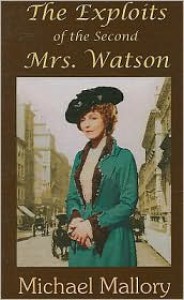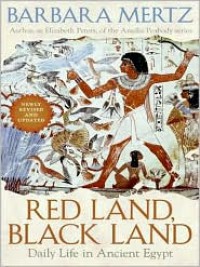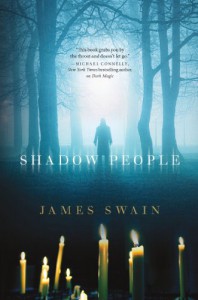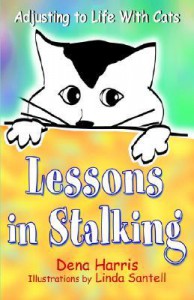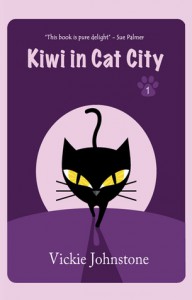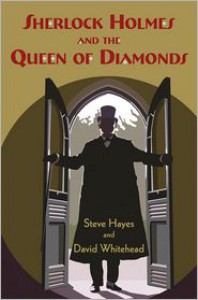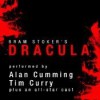Worlds full of imagination
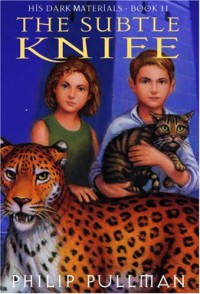
Twelve-year-old Will Parry is on the run. His father, a retired soldier and explorer, vanished in the Arctic soon after he was born, and now mysterious men (government? military?) are after the letters that he sent to Will's mother during his last expedition. Determined to find his father or at least what happened to him, Will leaves his emotionally fragile mother with a friend. He returns to his home to find the men there, and one of them is killed. Fleeing from the house, cat lover Will follows a strange cat through a "hole" in the air, and finds himself in another world.
This is the opening to The Subtle Knife, the second book in Philip Pullman's His Dark Materials trilogy. In Cittagazze, a city in the spectre-haunted world where Will ends up, he meets Lyra Silvertongue, the protagonist of The Golden Compass, and they form an uneasy alliance that matures over the course of the book into a deep and abiding friendship. Will's natural gentleness, as well as the cautiousness and sense of responsibility he has been forced to develop in "parenting" his childlike mother, provide a counterweight to Lyra's weaknesses of impulsivity and recklessness, while she prods and sometimes bullies him into action, as well as giving him some of the nurturing he has lacked in his life.
Will finds himself, after a violent fight in which he is forced to kill a man, the possessor of the "subtle knife," which can, in addition to cutting through any earthly surface, also cut windows between worlds. The two children will use the knife and Lyra's alethiometer (the "golden compass" of the first book), to pursue their self-appointed quests, finding his father in Will's case and discovering more about the mysterious "Dust" in Lyra's. Along the way they are caught up in an escalating revolt against the church authorities and "the Authority" in heaven, led by Lyra's father, Lord Asriel. (I do not believe that Pullman means "the Authority" to be God, but the twisted, desiccated "God" which many people see as the "real God.")
Not only do many of the wonderful characters from the first book (Serafina Pekkala, Lee Scoresby, Mrs. Coulter) make an appearance, but several new ones who will play vital parts in the denouement of the story are also brought in, most notably Mary Malone, a physicist in our world who has lost her Catholic faith. She is enlisted by Lyra to explain the mysteries of Dust, but ends up being far more important in the scheme of things.
This is a book that is filled with adventure and heroic sacrifice, as well as friendship, loyalty, and abiding questions about good and evil.
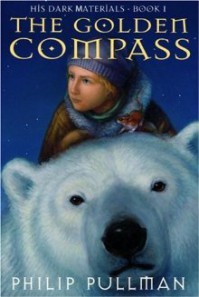
 2
2



 1
1

